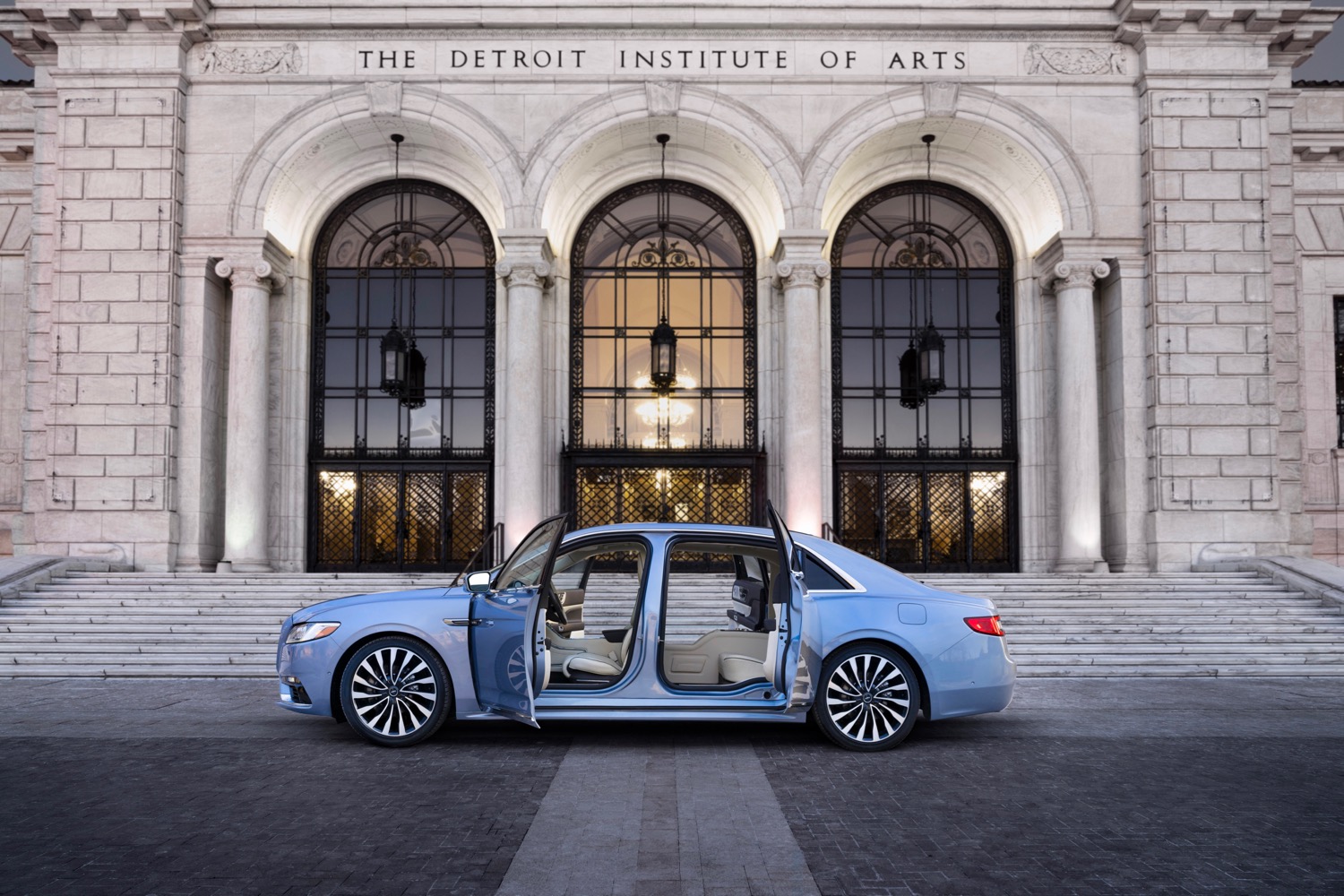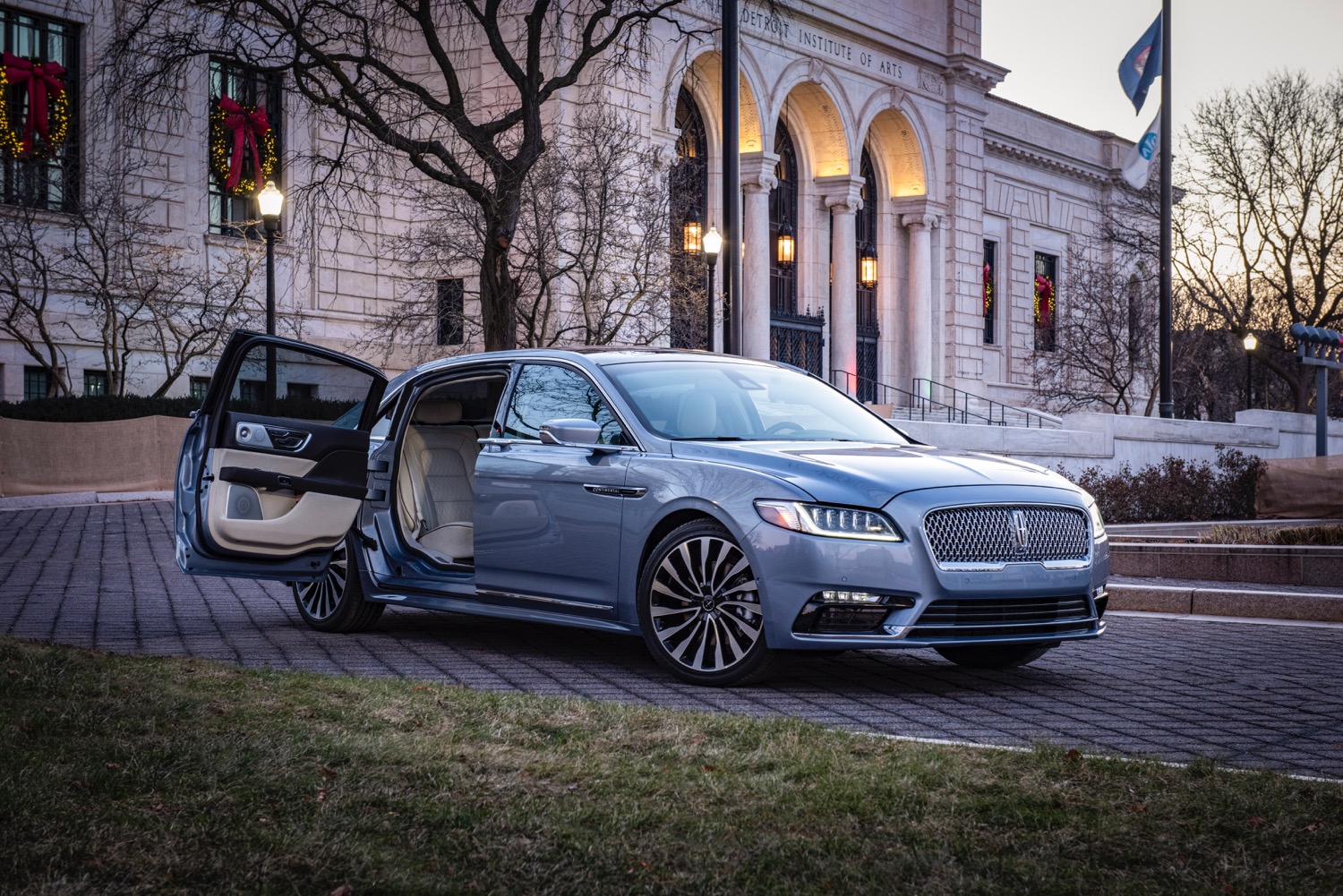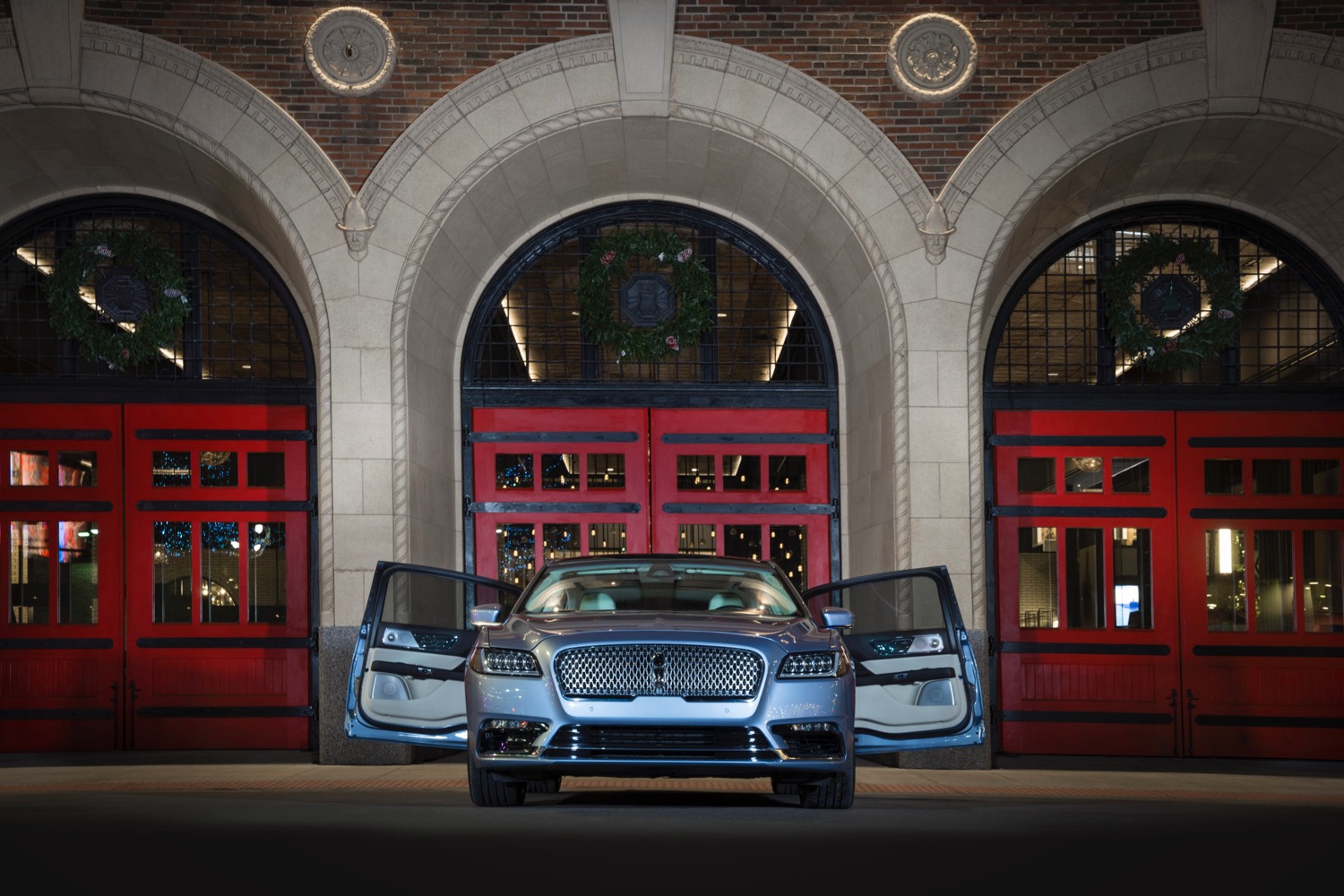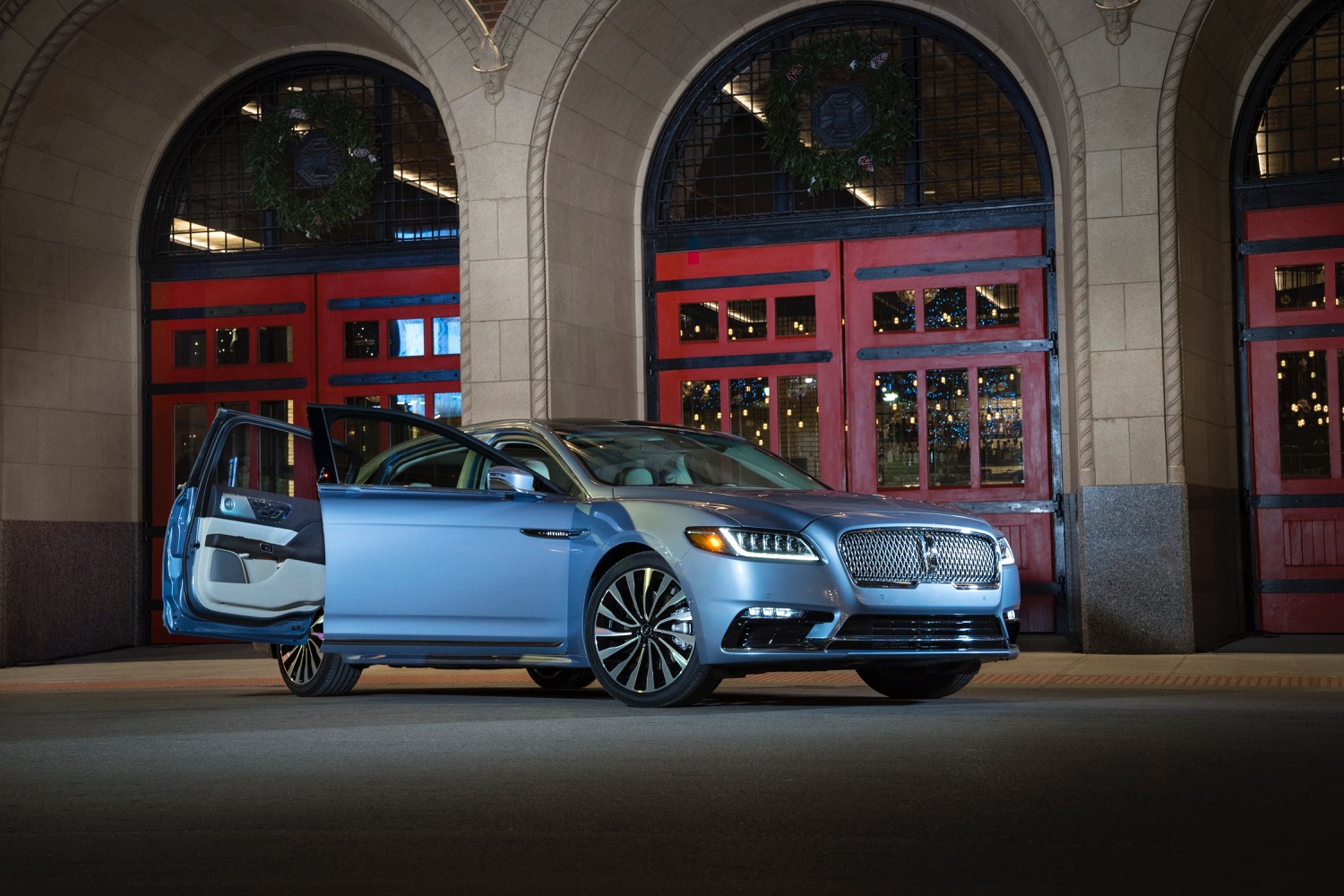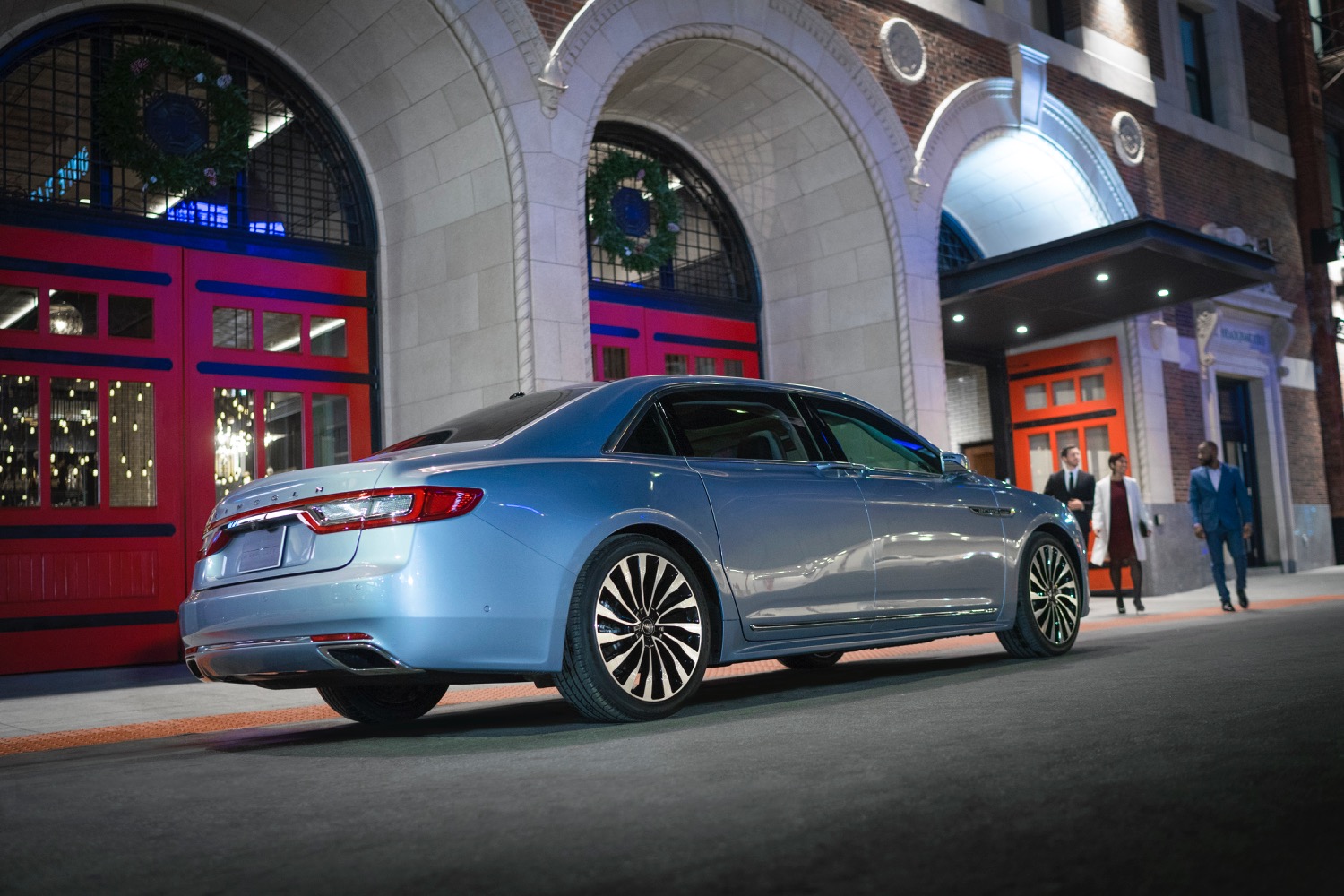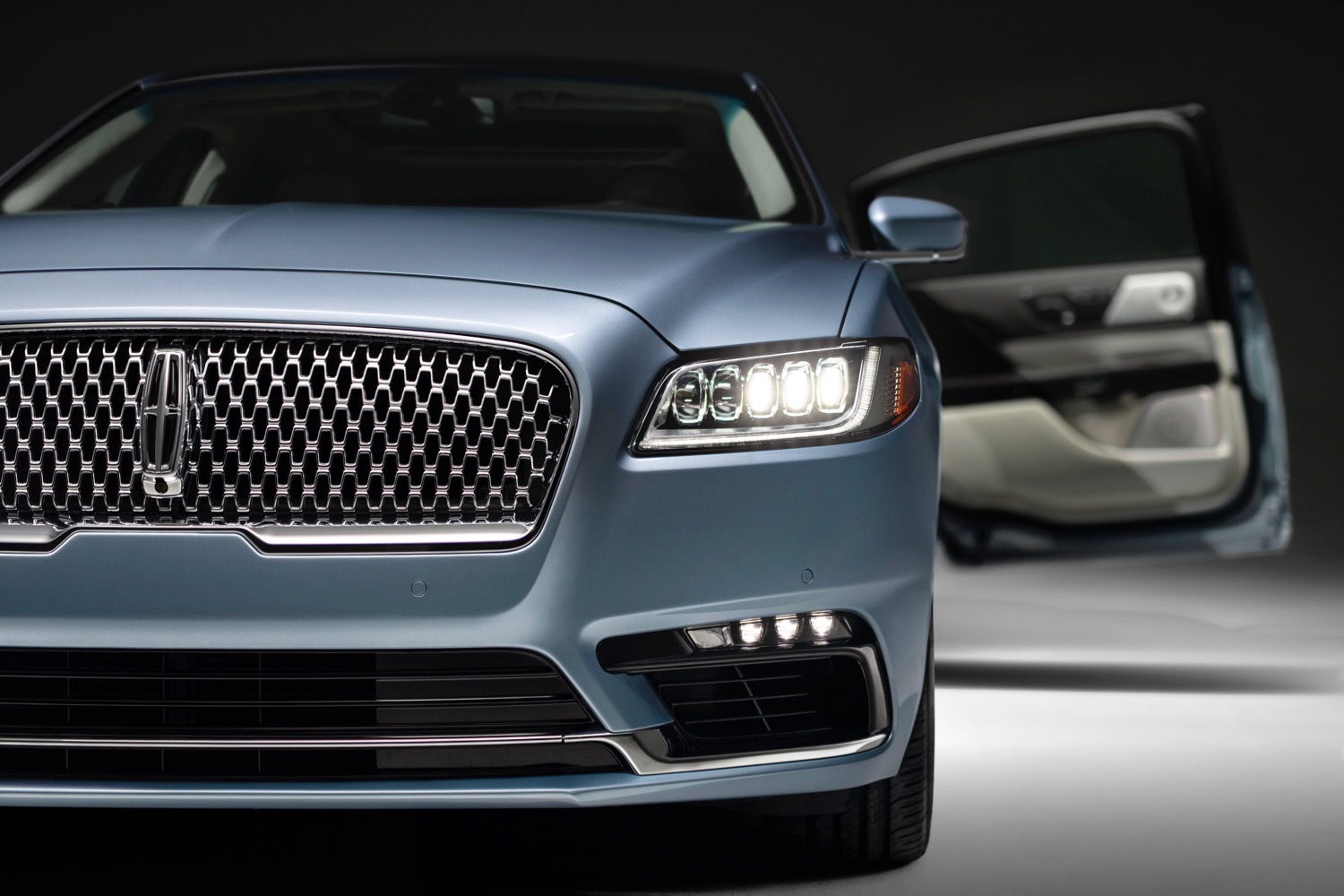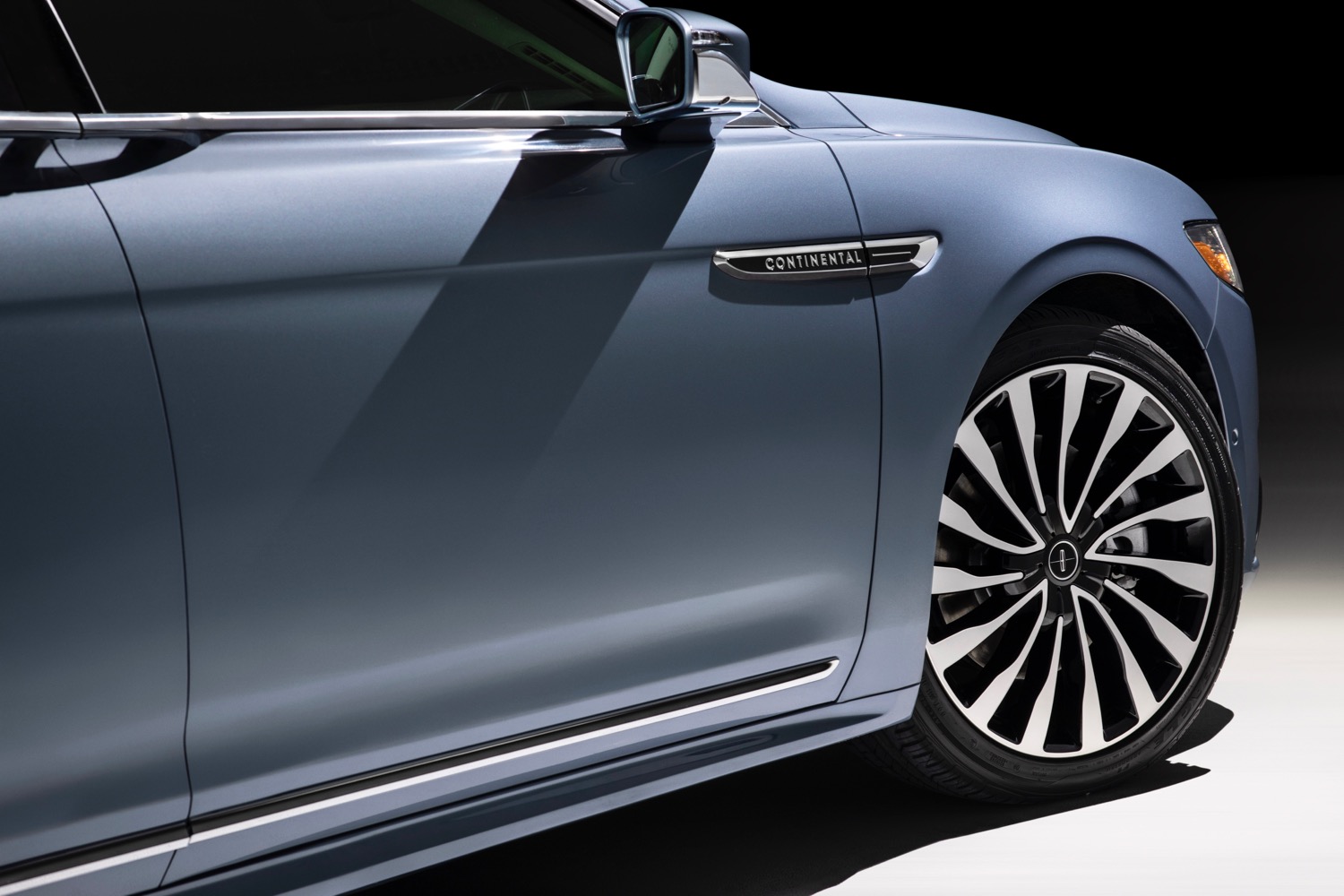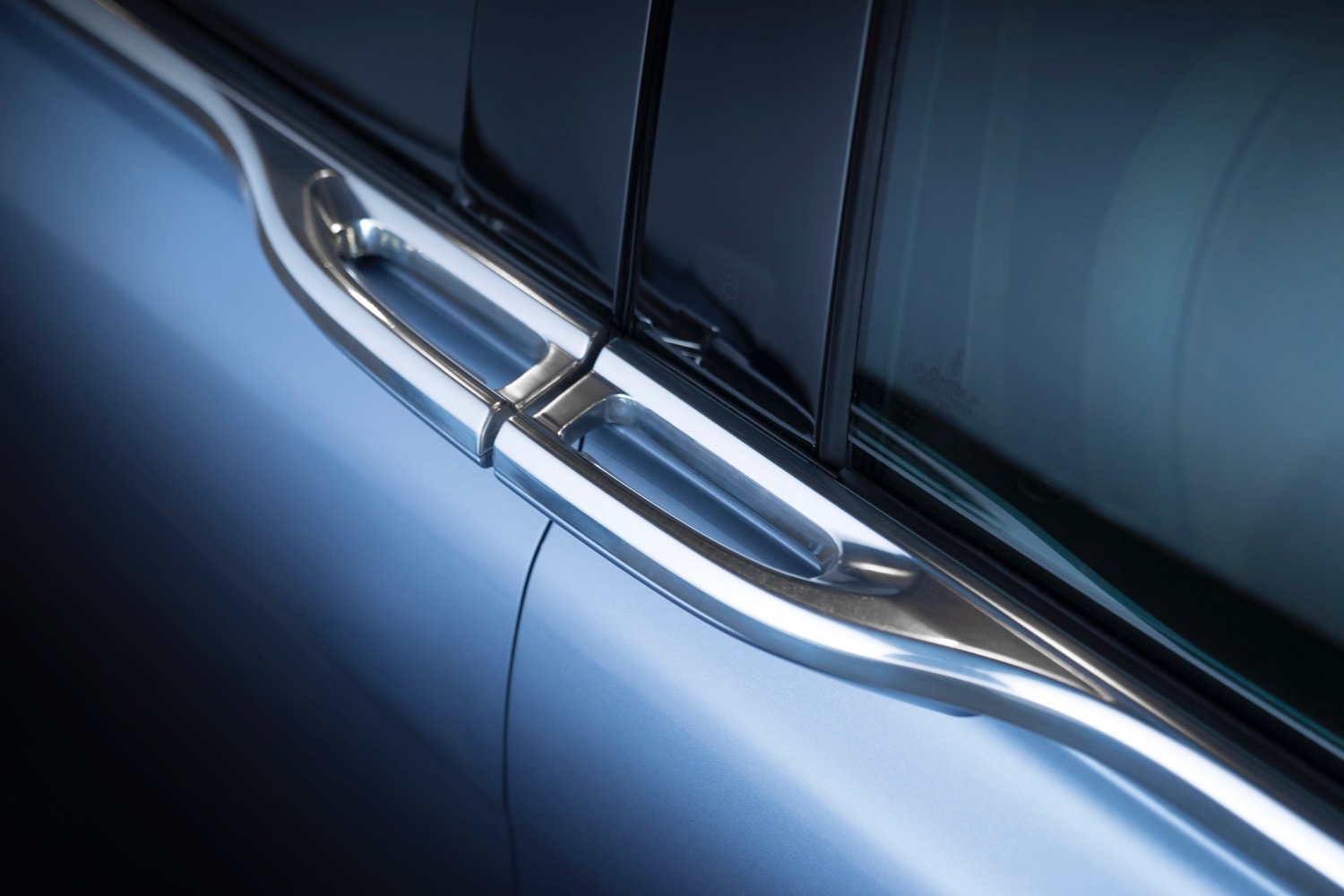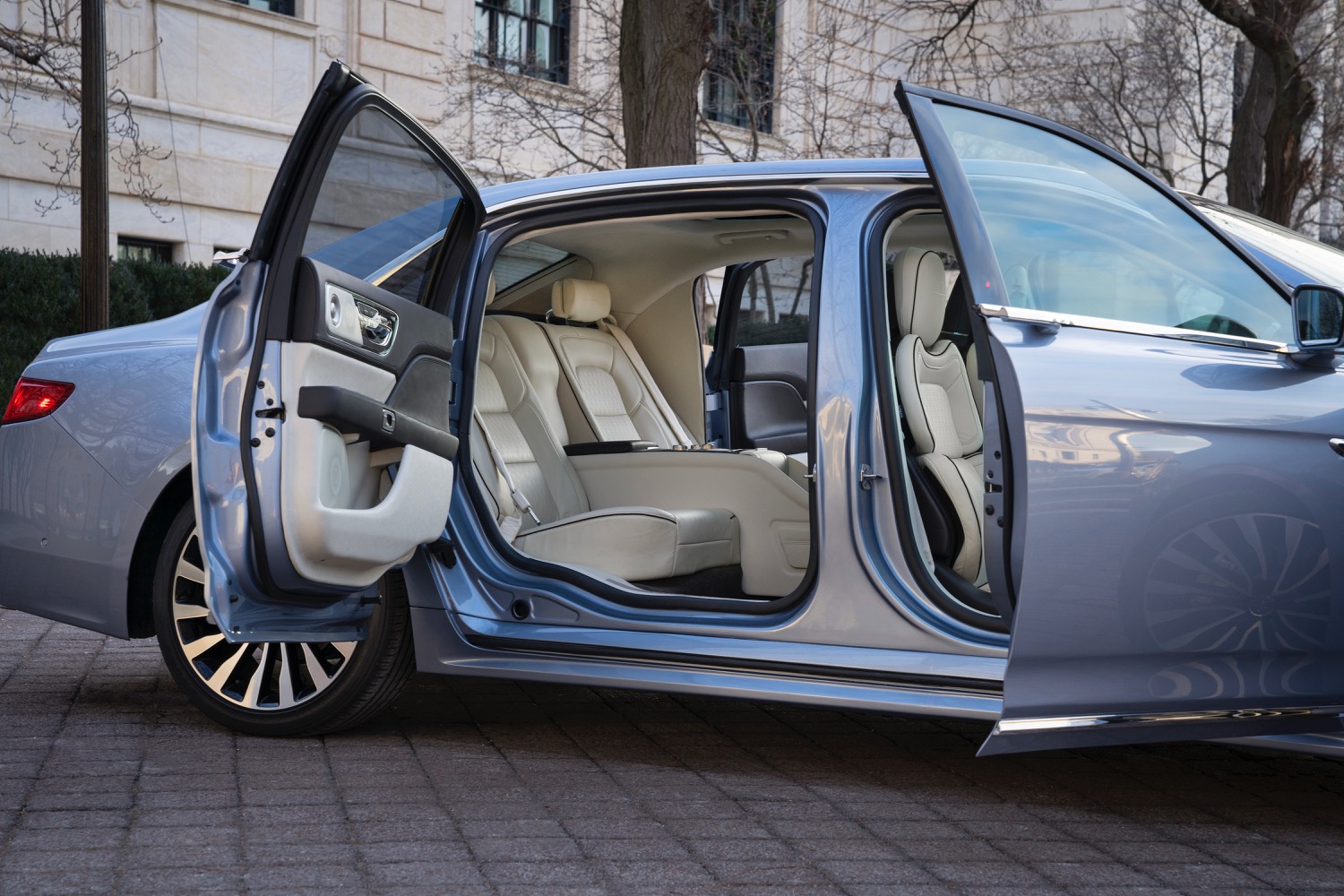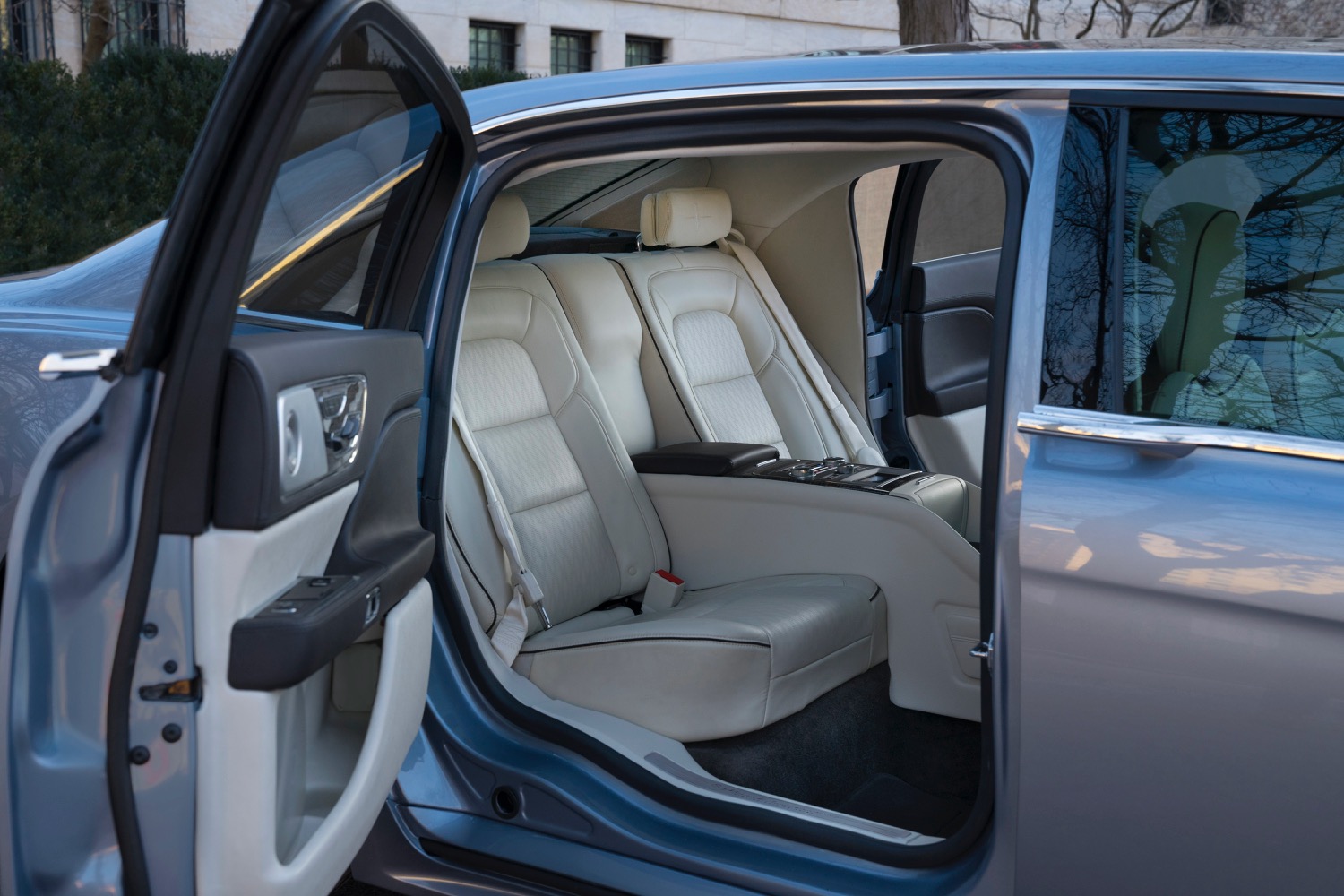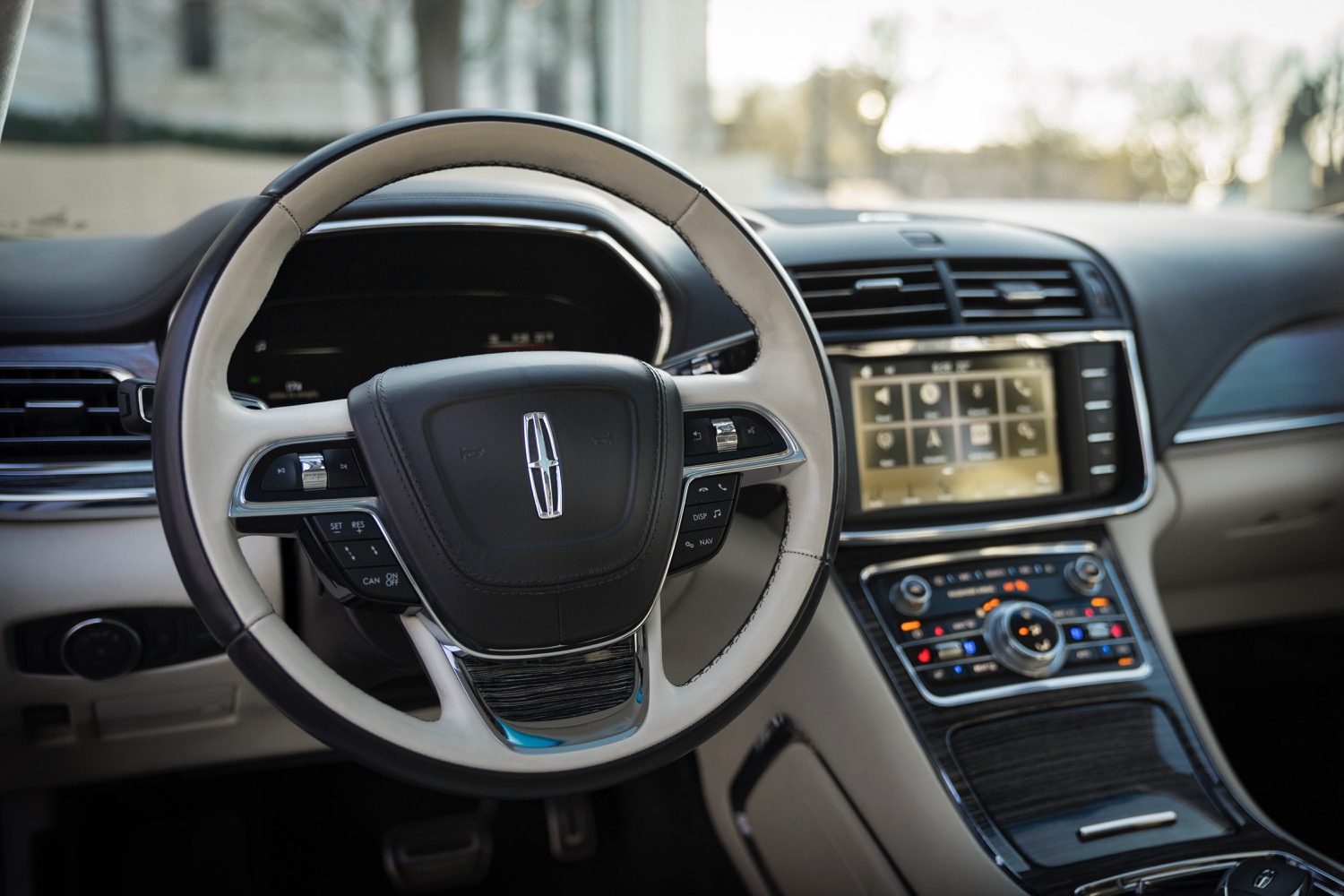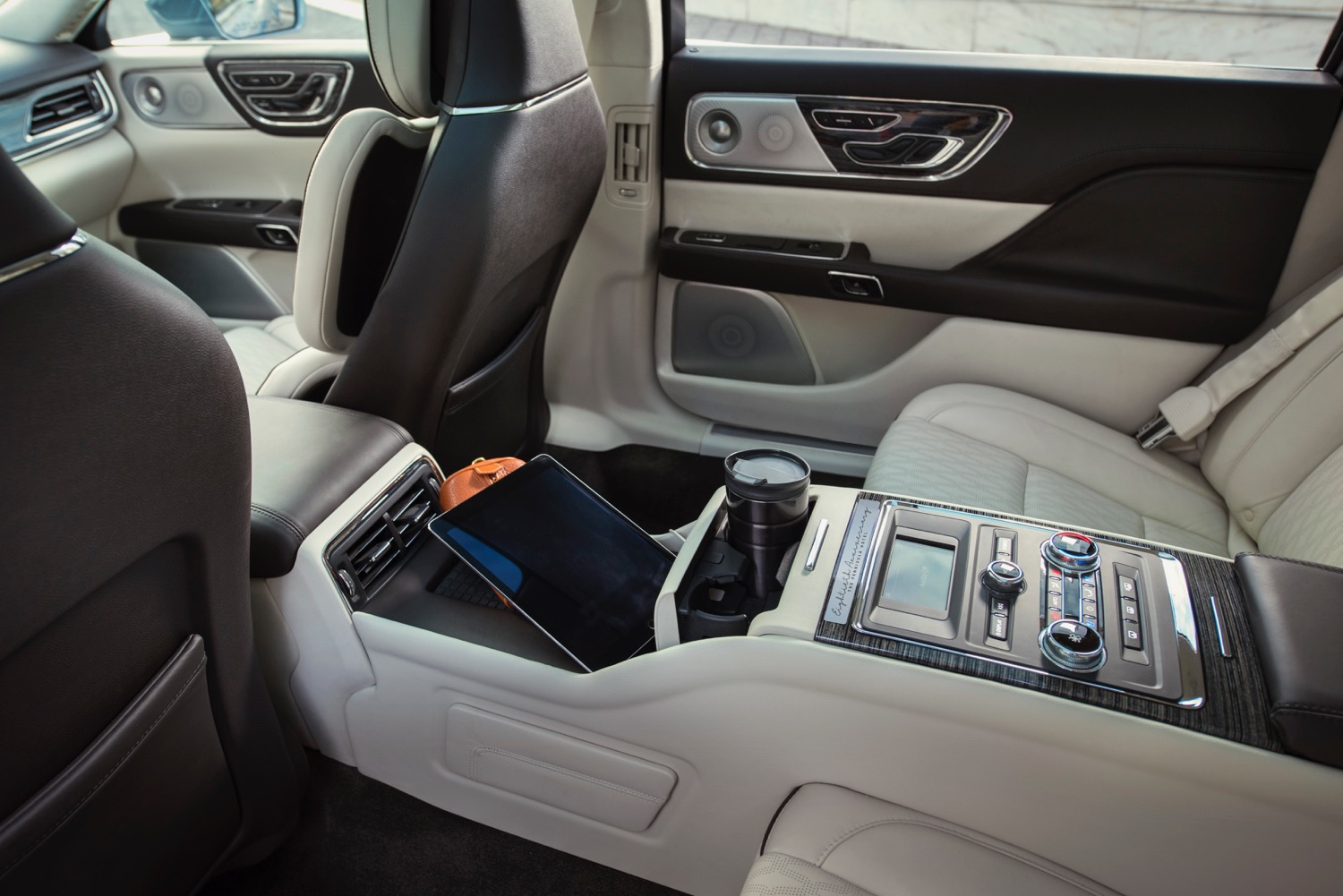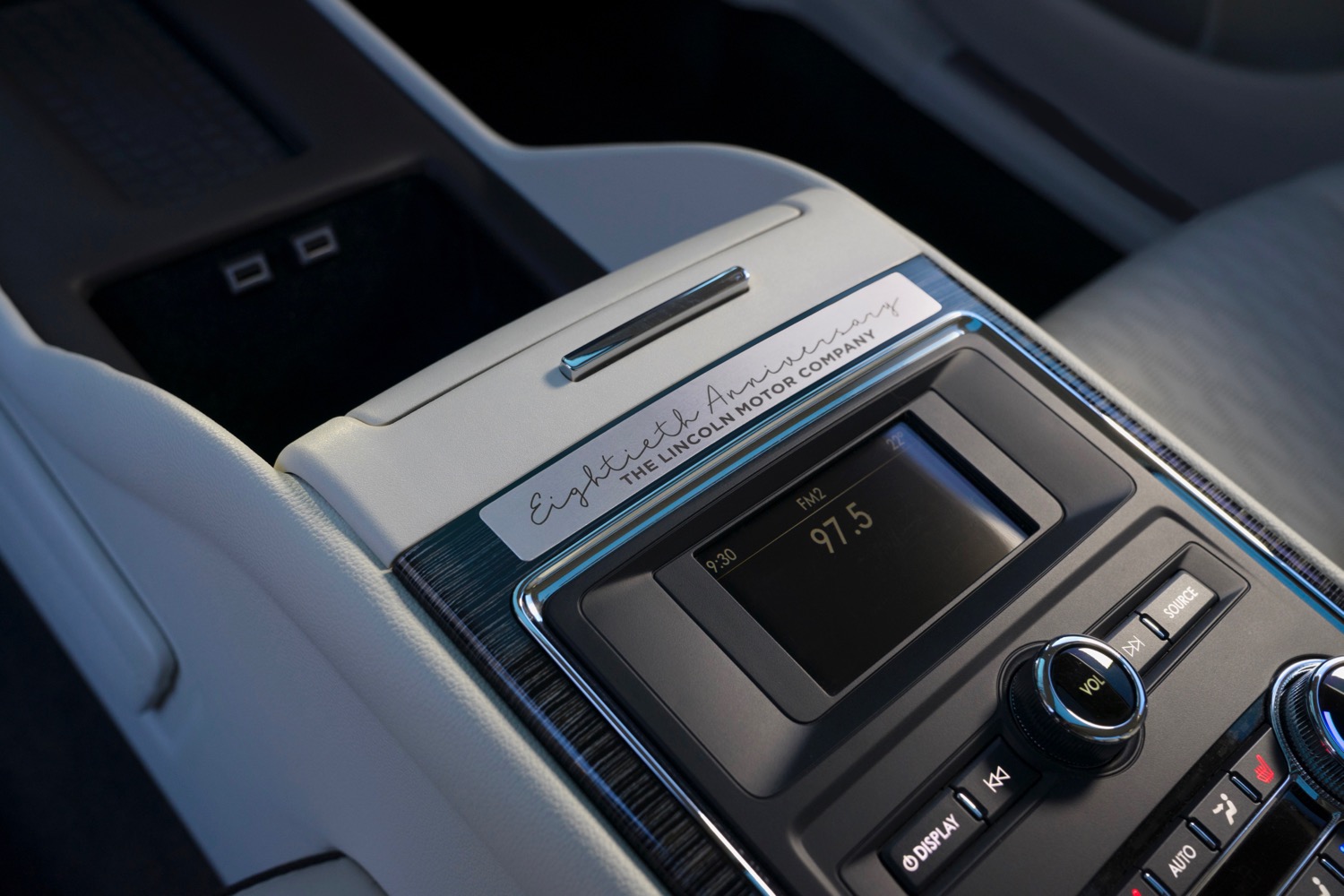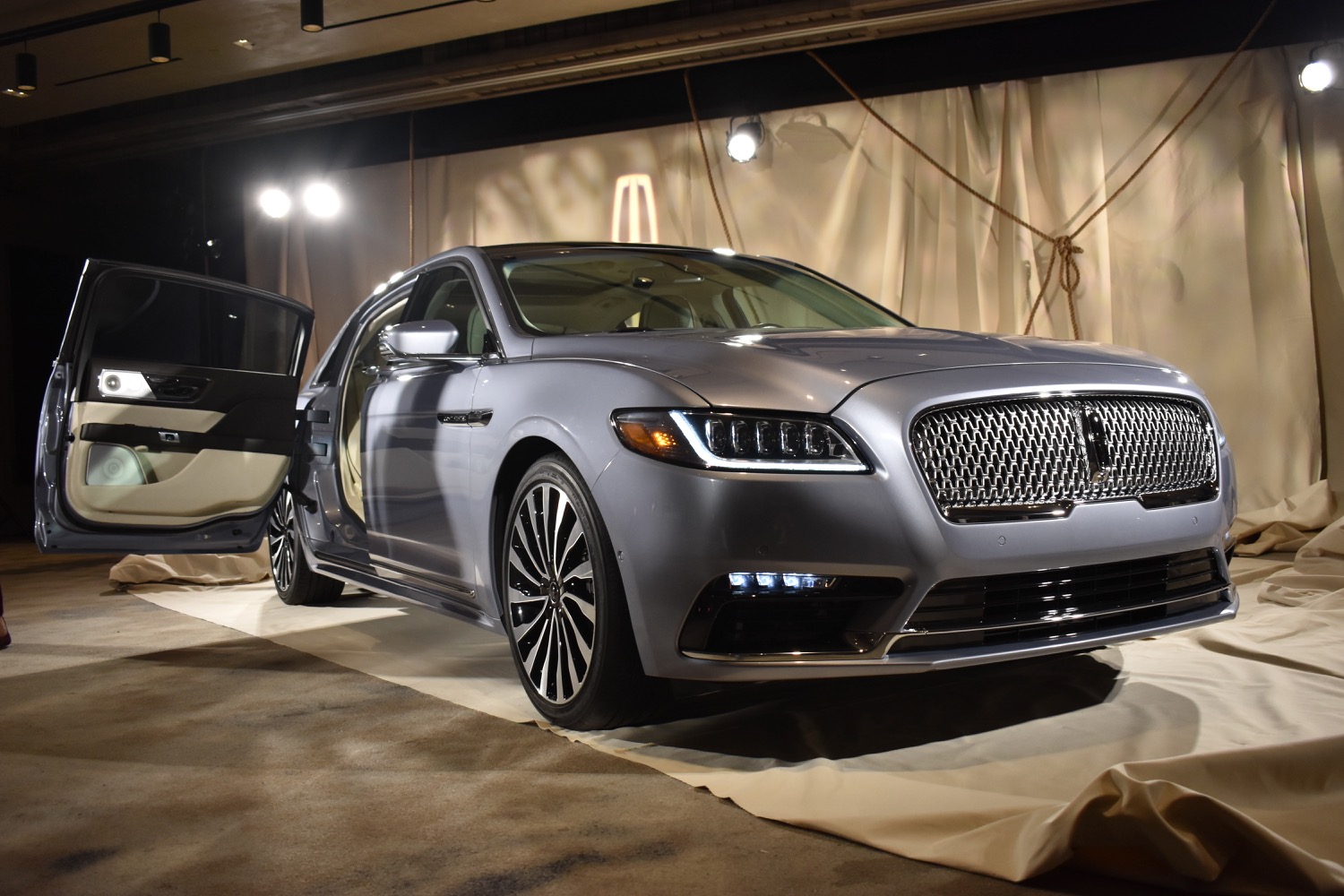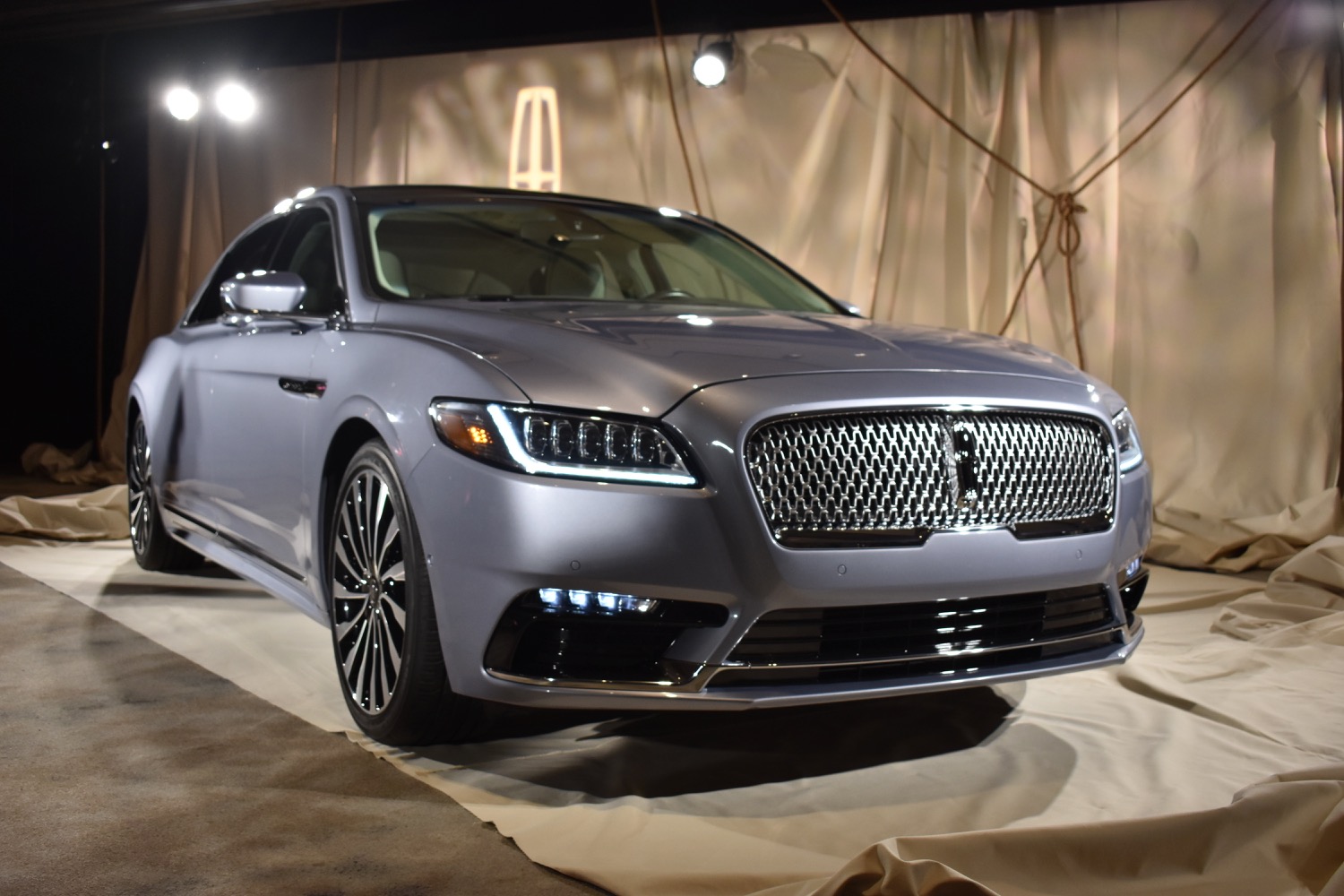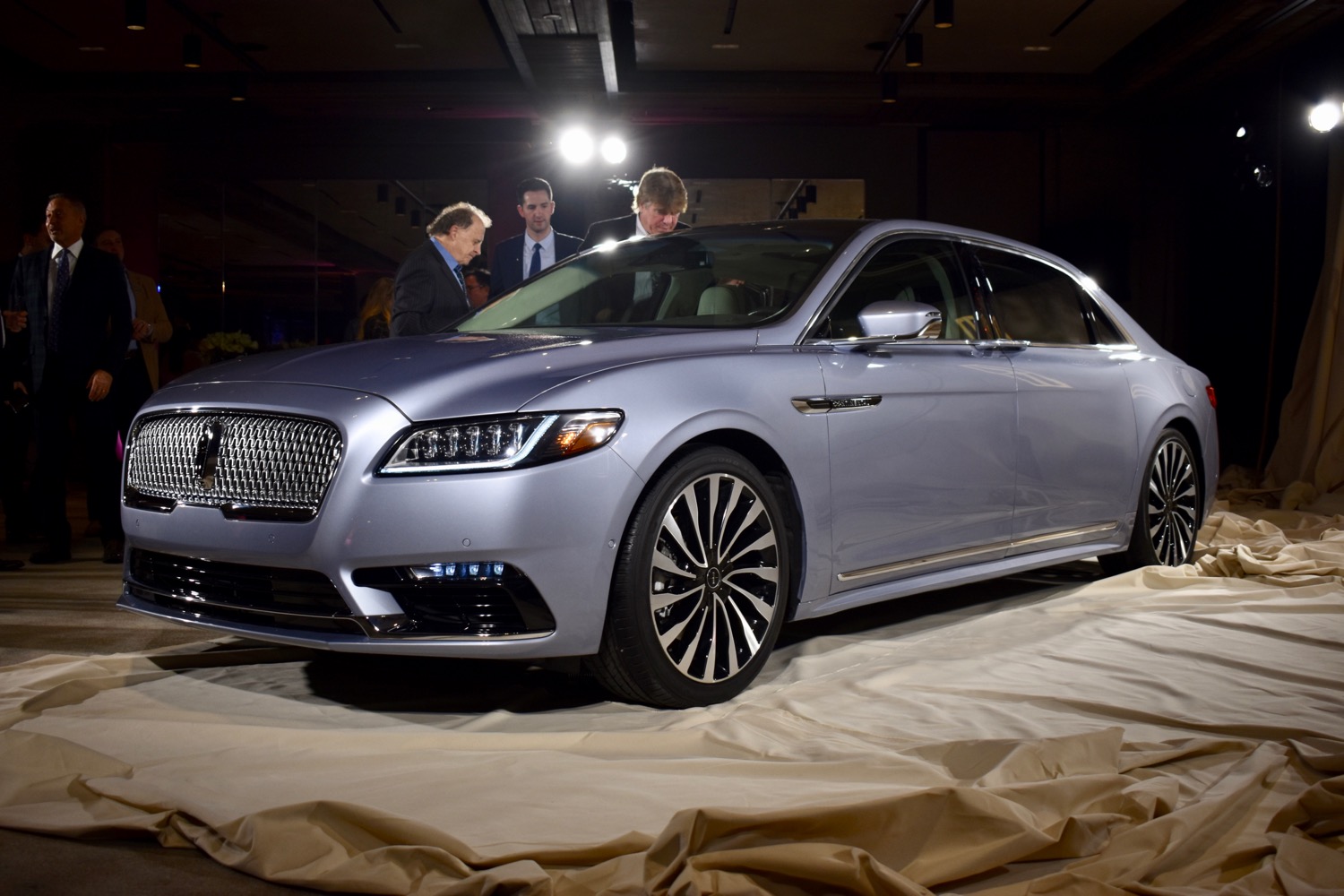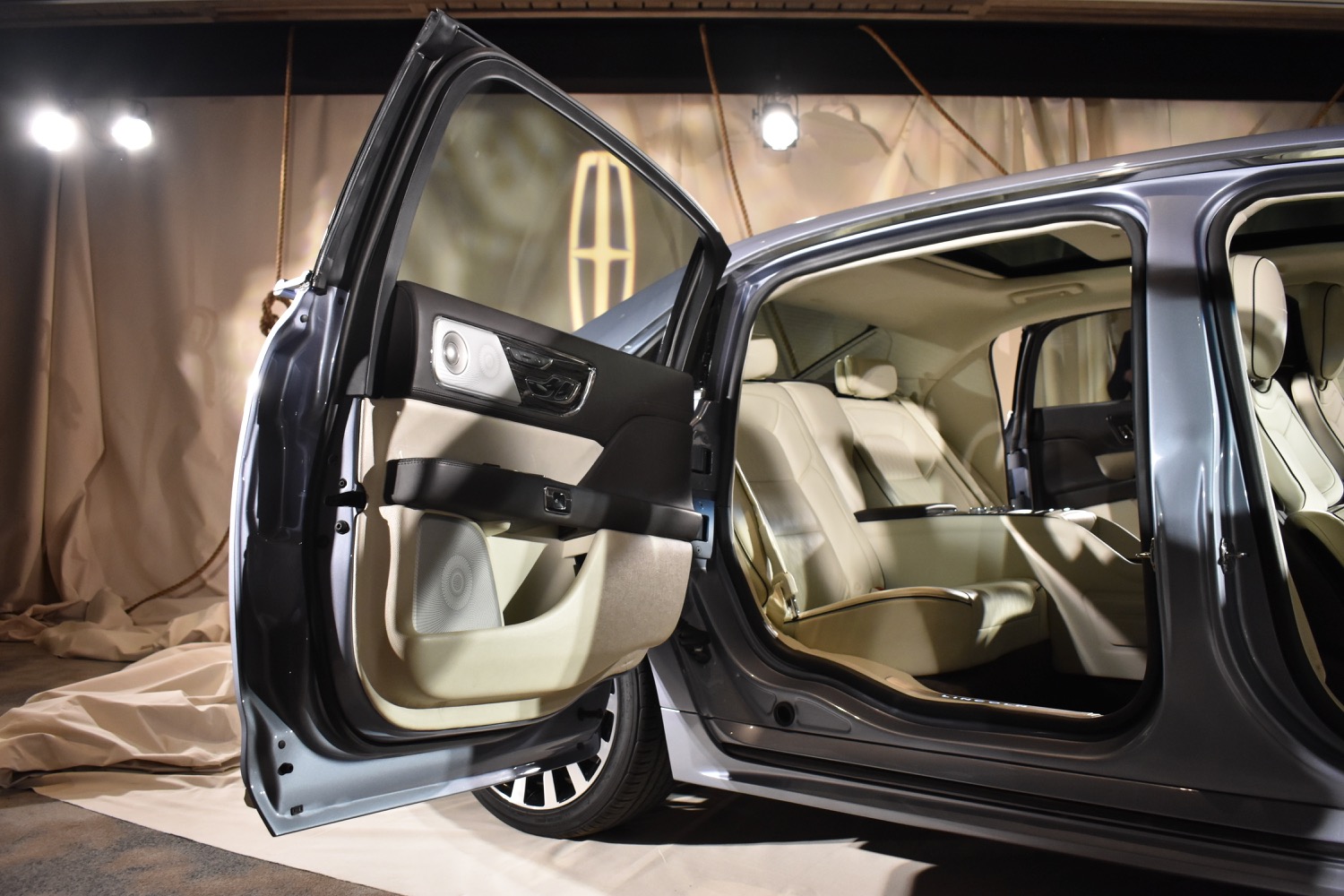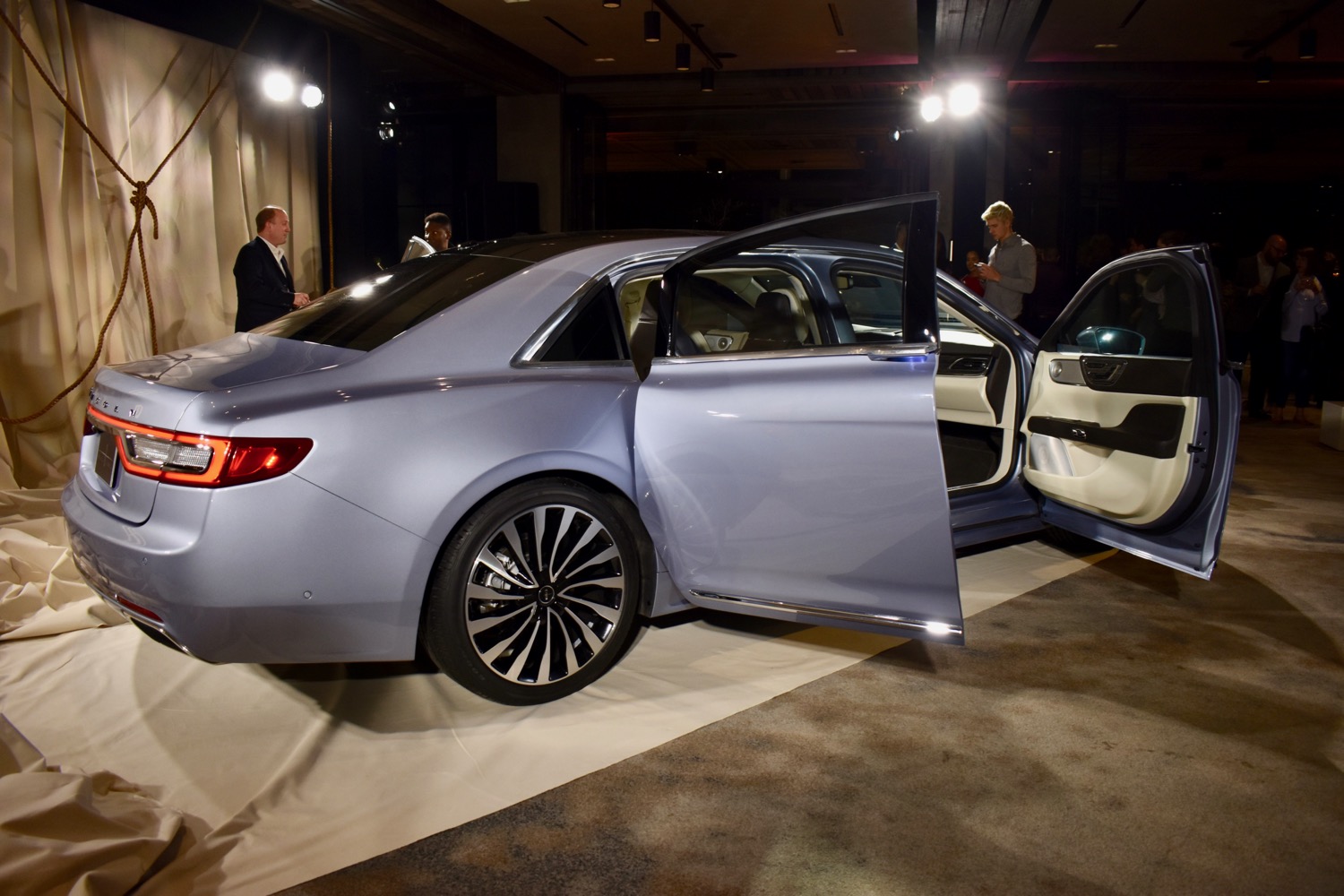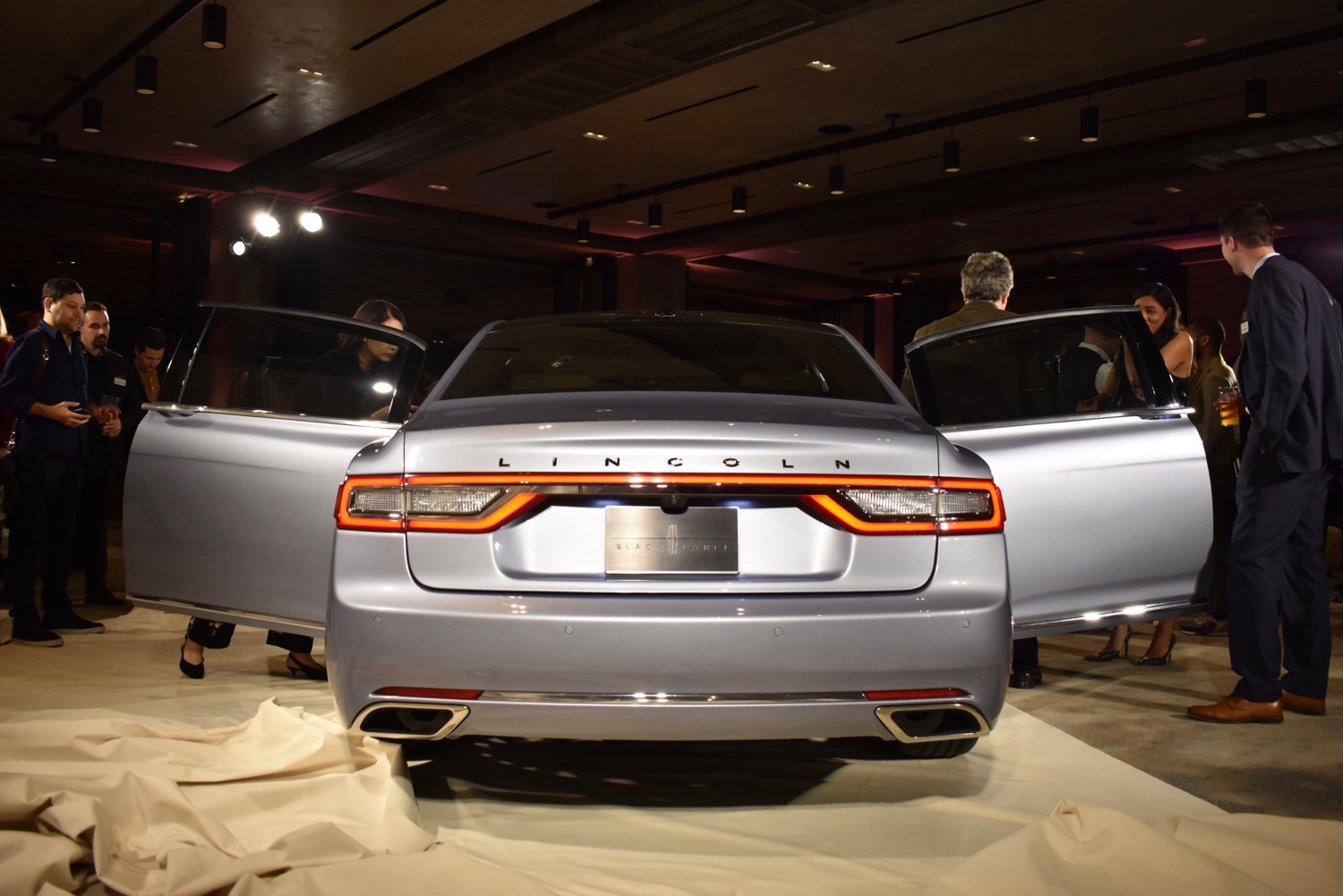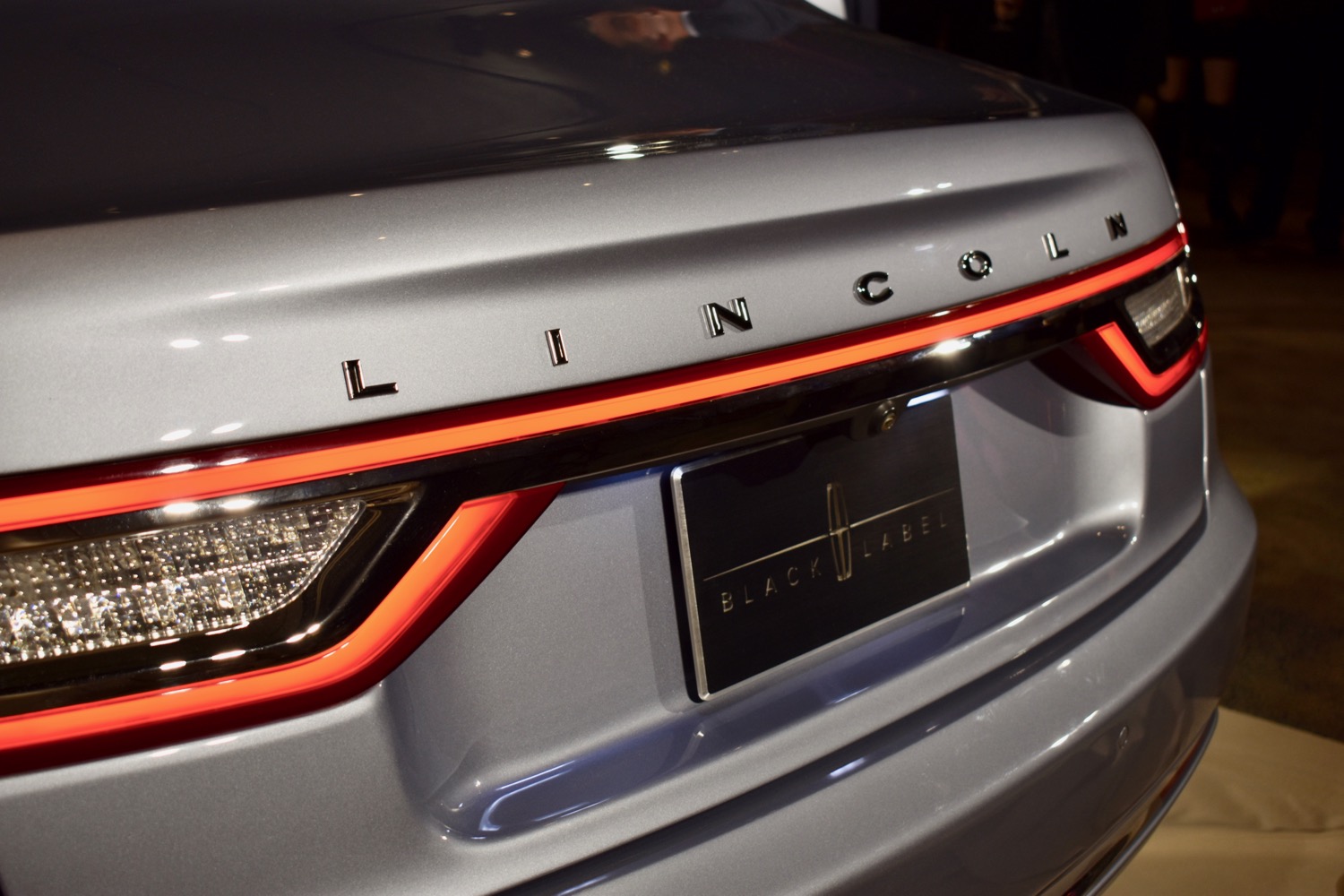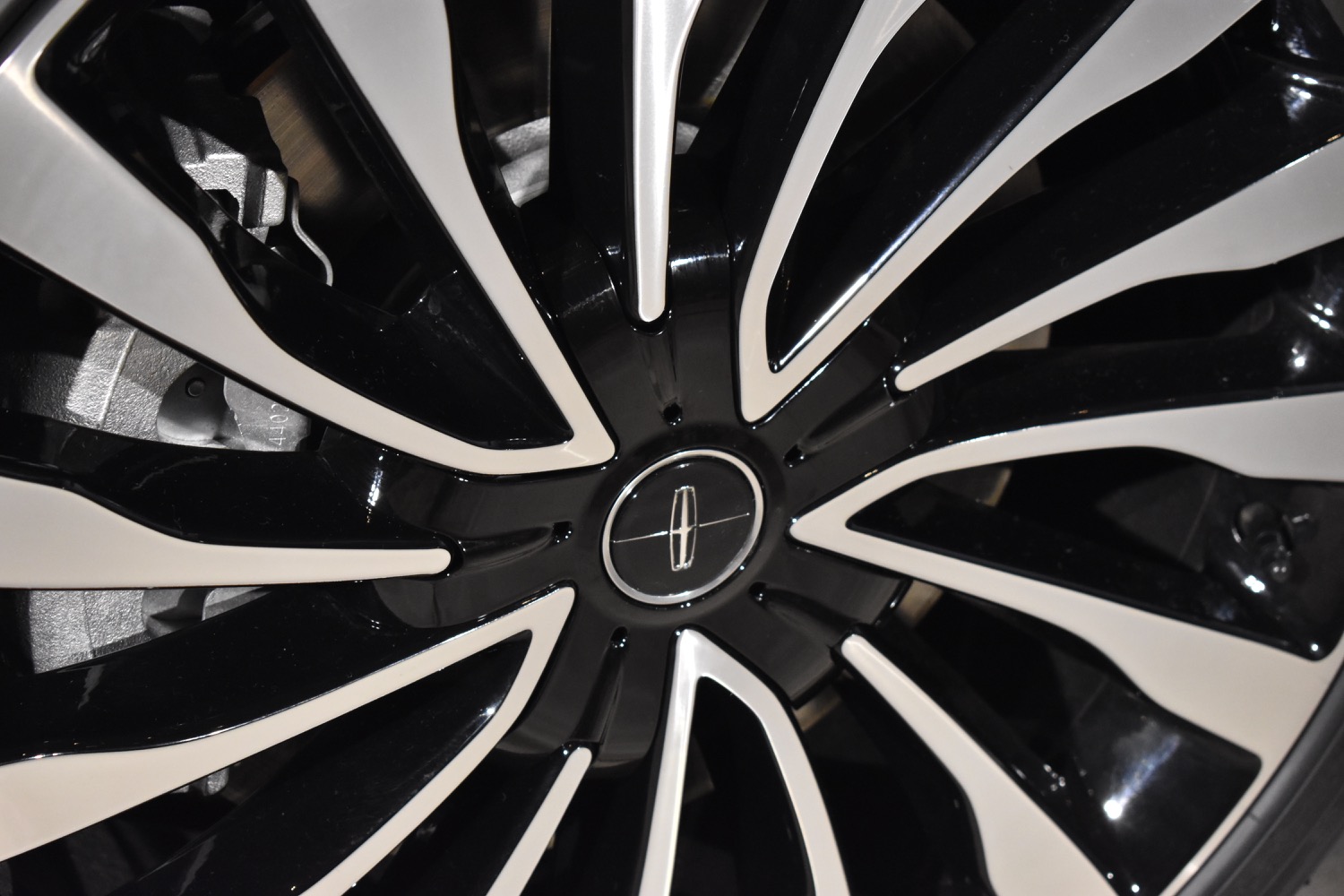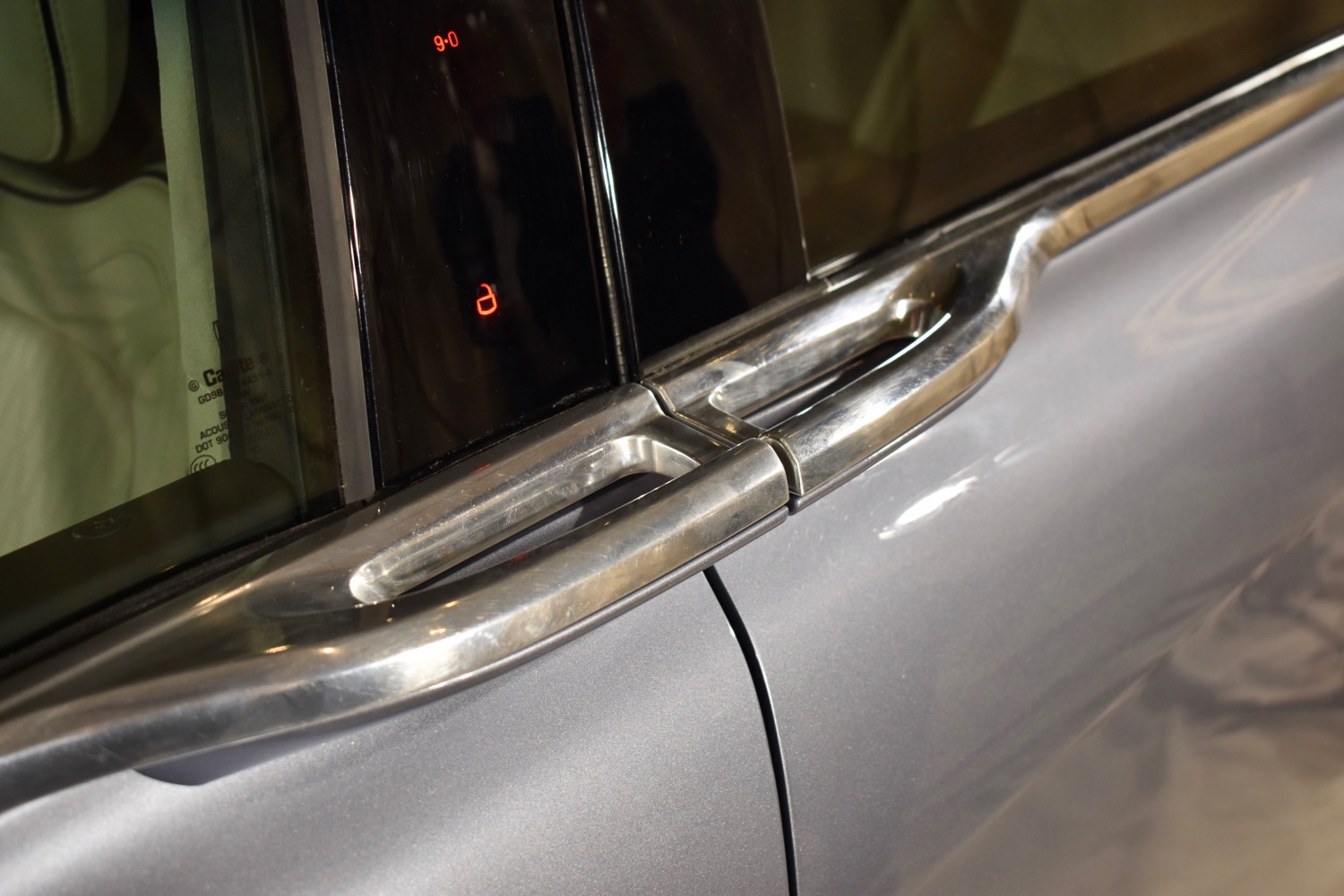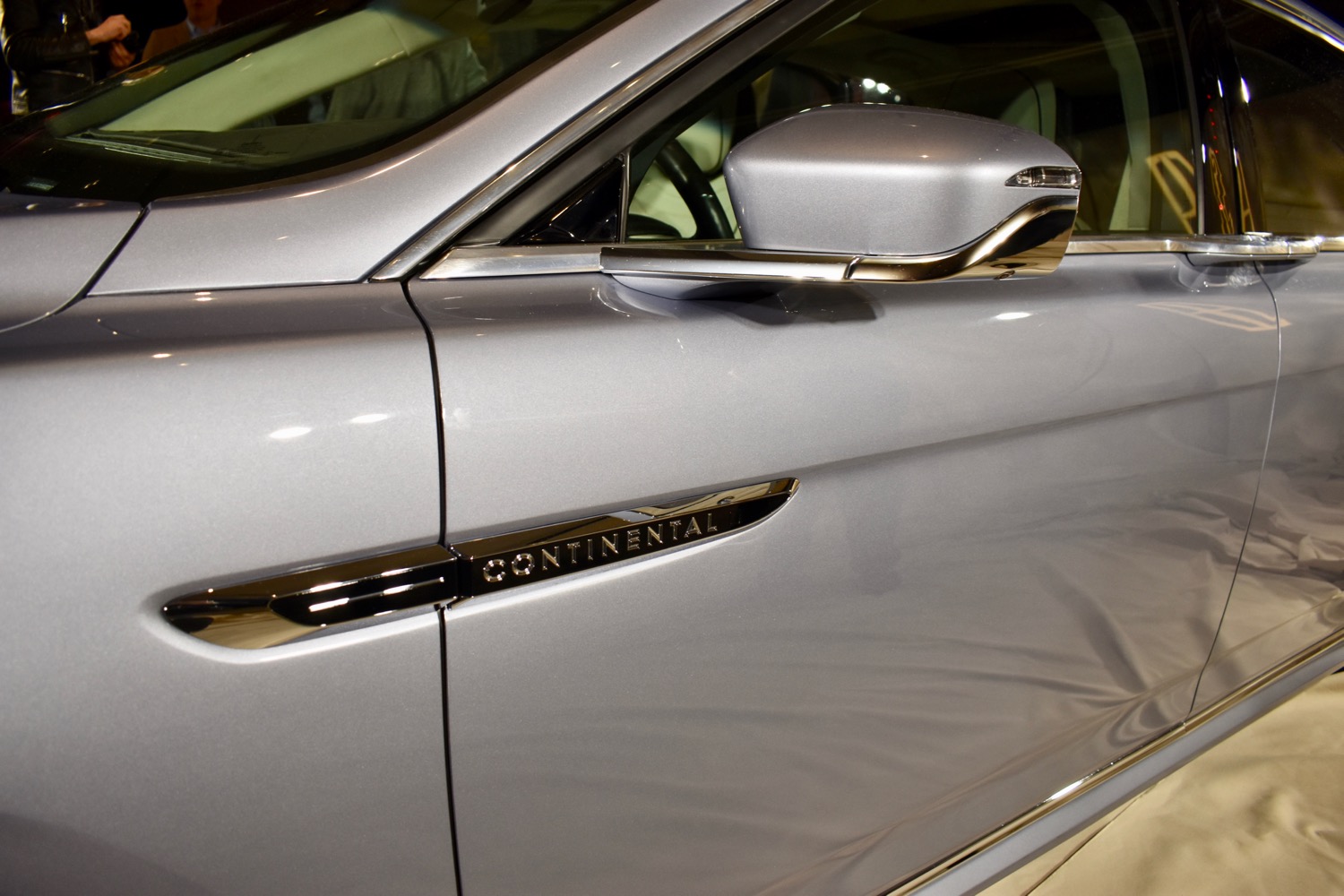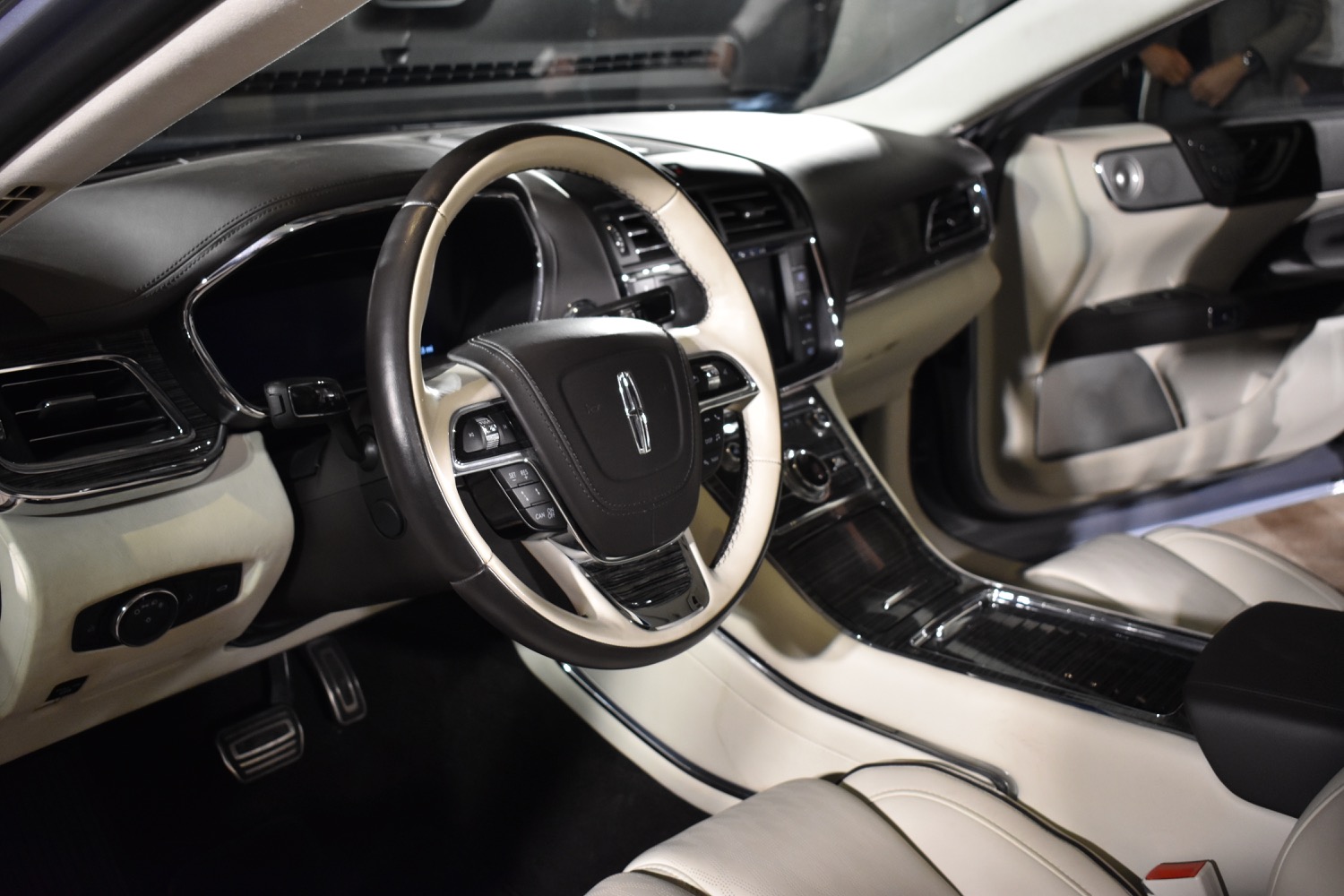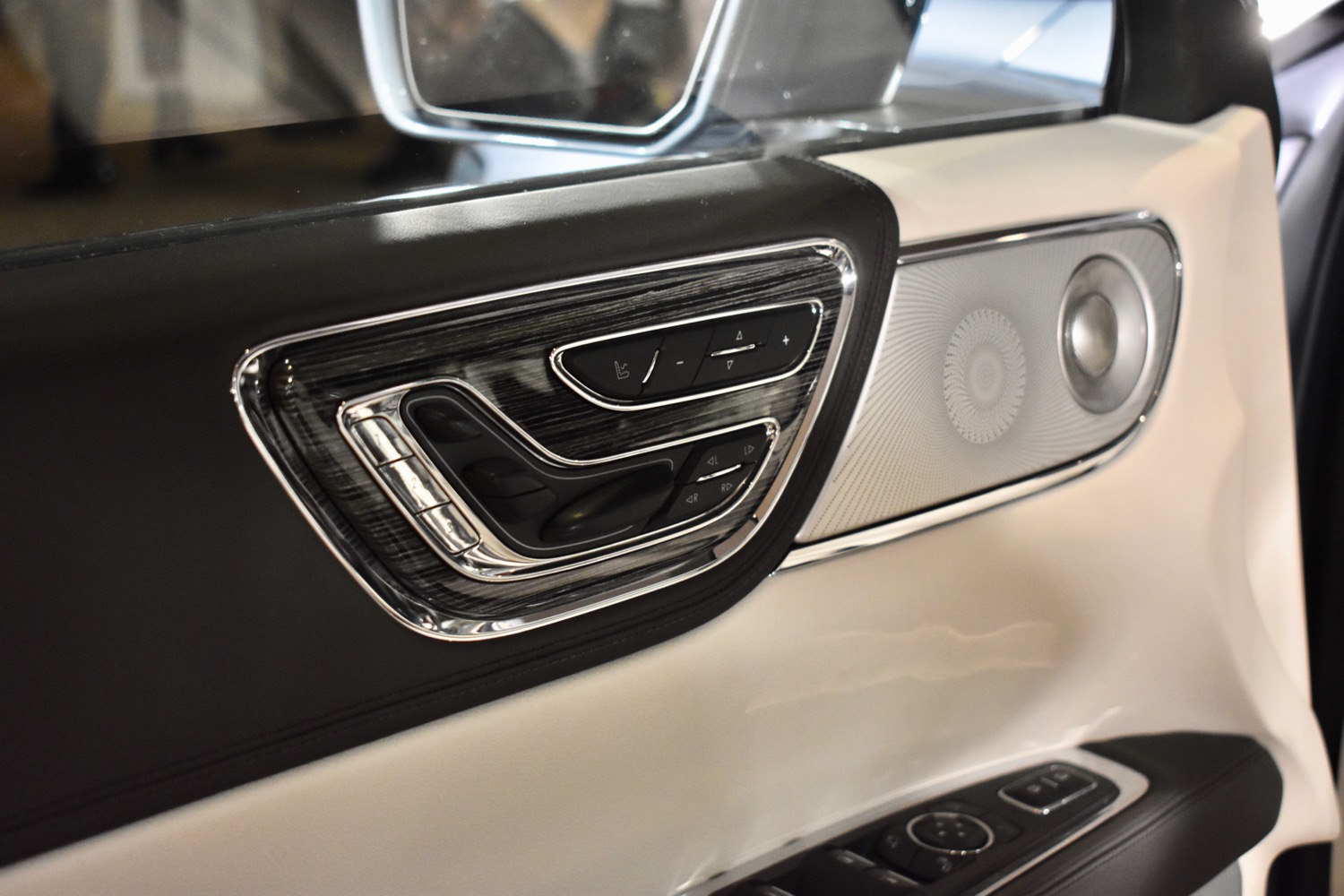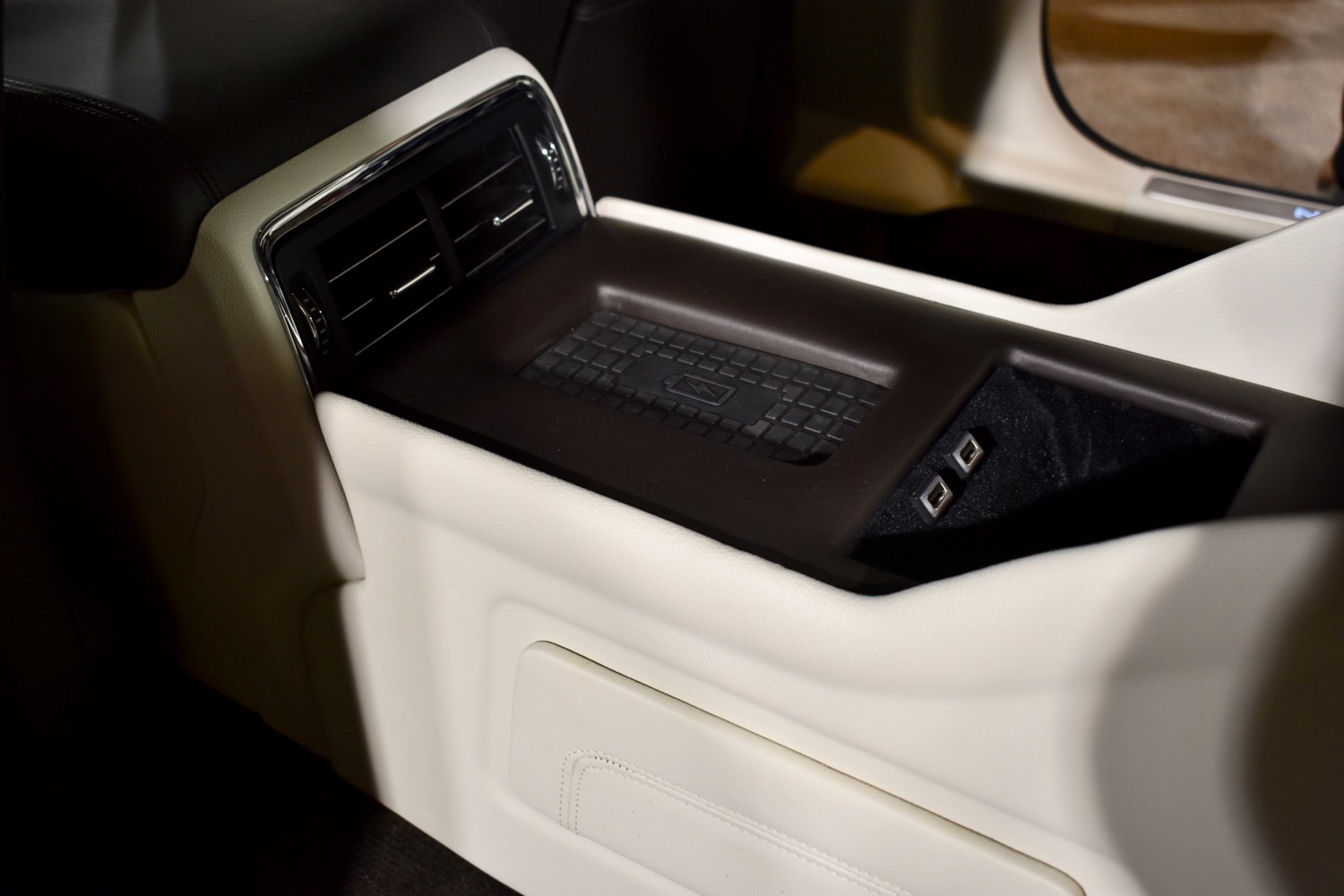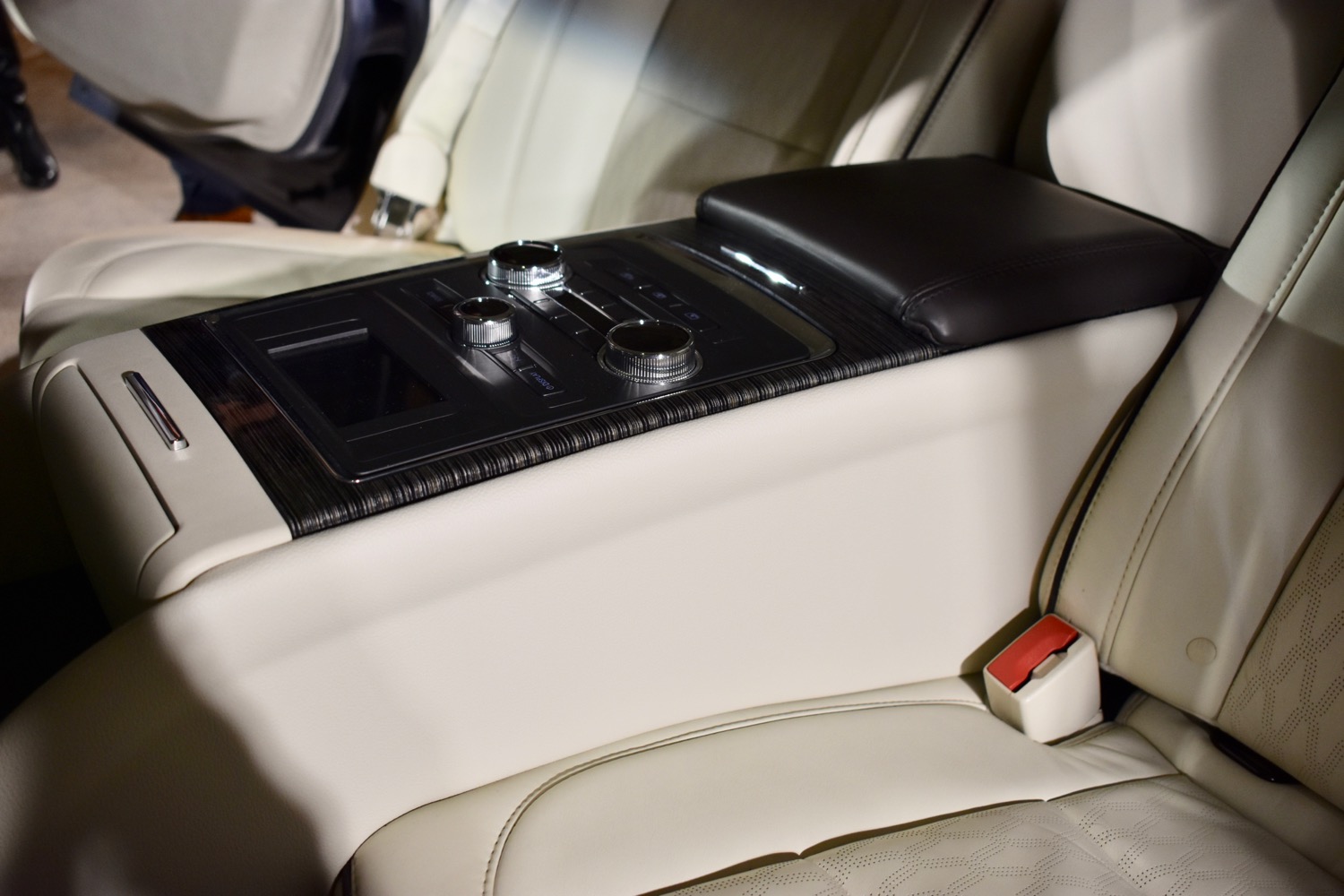The current-generation Lincoln Continental carries one of the most storied names in luxury cars. But today’s Continental doesn’t really live up to that great legacy.
For one thing, it has the wrong doors.
Past versions of the Continental were known for their center-opening “coach doors” — better known as “suicide doors” among enthusiasts. To celebrate the 80th anniversary of the Continental name, Lincoln brought back this distinctive feature in a limited-edition model named Coach Door Edition that it introduced in December of 2018. It took a little over a month for buyers to scoop up the entire initial production run of 80 cars.
“Response from customers has been extremely positive, with interest exceeding the planned production for the limited-edition run,” the company wrote in a statement.
The Continental (not to be confused with the Bentley or the breakfast of the same name) was launched in 1939 as a standalone model within the Ford Motor Company, not associated with any existing brands. The model eventually became part of Lincoln’s lineup, and got its suicide doors in 1961, in what is arguably Lincoln’s most iconic design. But the Continental was gradually watered down, before being discontinued altogether in 2002. Lincoln revived the name for the 2017 model year.
“The center-opening doors became synonymous with the Lincoln Continental, even though they were only featured primarily in the 1960s,” Lincoln design director David Woodhouse said in a statement. “But they struck such a chord that they’re still remembered so fondly today.”
“When you open the doors, it’s like a welcoming gesture,” Kemal Curic, Lincoln chief designer, told Digital Trends at the car’s unveiling. While the Continental name had been used for some time before then, Curic said it was natural that Lincoln gravitated toward the 1961 model for inspiration, as it came from what he called the “most glamorous time” in American history.
While Rolls-Royce still uses them, suicide doors have otherwise fallen out of fashion. They acquired the “suicide” nickname because the force of air rushing past could blow the doors on older cars open. That’s not really an issue with modern cars, but it’s not exactly something the marketing team wants to deal with. On a four-door sedan like the Continental, the arrangement can also be impractical, since the only opening is in the center of the car.
But it’s hard to beat the look of a car with suicide doors. If Lincoln didn’t do it, it’s likely some aftermarket company would have. Lincoln also noted that the 90-degree arc of the rear doors also makes it easier to get in and out of the rear seats. Backseat passengers in the 80th anniversary Continental also get extra legroom, as Lincoln had to extend the wheelbase by 6.0 inches to accommodate the trick doors. The actual stretching of the car is done by an outside company, but Lincoln fabricates all of the parts in-house, Tim Sterling, chief program engineer for the Continental, told Digital Trends.
“It was an undertaking,” Sterling said. He noted that the suicide-door Continental meets all applicable crash-safety standards, and that Lincoln used some 3D-printed parts on the car. That makes sense, given this Continental’s small-batch nature.
Other than those doors, the extended wheelbase, and some upgrades to the interior (including an expanded center console with wireless phone-charging pad for rear-seat passengers), this limited edition is basically the same as an ordinary Continental. It uses the same 3.0-liter twin-turbocharged V6 engine as the top-spec model, which produces 400 horsepower and 400 pound-feet of torque. The V6 spins the four wheels through a six-speed automatic transmission.
The Lincoln Continental 80th Anniversary Coach Door Edition debuts as a 2019 model. Lincoln has finished taking orders for the initial batch of 80 cars; each one sold for an undisclosed price rumored to hover around $110,000, a figure that makes it the company’s most expensive car. Those sedans were likely purchased by car enthusiasts, or just people who like being chauffeured around, Trevor Scott, marketing manager for Lincoln sedans and crossovers, said. Maybe Lincoln will add suicide doors to the Navigator next.
Buyers who missed their chance to buy a Continental Coach Door Edition aren’t entirely out of luck. Faced with unexpectedly high demand, Lincoln announced plans to bring the model back for a second model year, and it promised that it “will have more to share very soon” in an email sent to Digital Trends.
Updated on January 19, 2019: Added information about a second run of Coach Door Edition cars.
